What can the Swiss learn from the Finns on judging Liberian war crimes?

More than five years after his arrest, a former Liberian rebel leader is currently on trial in Switzerland for alleged war crimes. Though hailed as a landmark trial, similar proceedings in Finland went ahead at a much faster pace. What did the Finnish court do differently? Could the Swiss approach have been more efficient?
Closely linked civil wars in Liberia and neighbouring Sierra Leone in the 1990s and early 2000s devastated the region. They left hundreds of thousands dead, millions of displaced and were marked by atrocities including mutilation of civilians, systematic rape, cannibalism, abduction of children and use of child soldiers.
In the absence of national justice for victims of Liberia’s civil war crimes, NGOs have helped them bring cases in other countries – including Switzerland, France, Finland and Belgium – under the principle of “Universal Jurisdiction” (see box below).
Both the Swiss and Finnish cases were pushed by a Geneva-based Swiss NGO, Civitas Maxima, along with its Liberian partner, the Global Justice and Research Project. Nearly twenty years after the alleged war crimes and crimes against humanity took place, former Liberian rebel leader Alieu Kosiah is on trial in Switzerland. Simultaneously, former Sierra Leonean Revolutionary United Front (RUF) rebel commander Gibril Massaquoi External linkis on trial in Finland.
Civitas Maxima’s director Alain Werner says both trials are historic, and both courts should be congratulated for going ahead with them amidst the coronavirus pandemic, with all the safety precautions that entails. “Until now, almost 20 years after the end of the civil war, no war crimes trials of alleged Liberian perpetrators have taken place in Liberia or anywhere. This is the first time,” he said. “I think it’s important for Liberia and for the entire sub-region.”
Historic in Switzerland
The trial is also a first for Switzerland. This will be the first time a Swiss non-military court judges an international crime. Detained in Switzerland since November 2014, Kosiah is charged with various crimes, including ordering the murder and cruel treatment of civilians, rape, and recruitment of child soldiers during Liberia’s first civil war from 1989 to 1996.
The trial was originally scheduled to start in April 2020 but was postponed because of the coronavirus pandemic. It finally began in December and was split into two parts. The most important is now ongoing, with testimonies from some 15 victims and witnesses who have been flown in from Liberia.
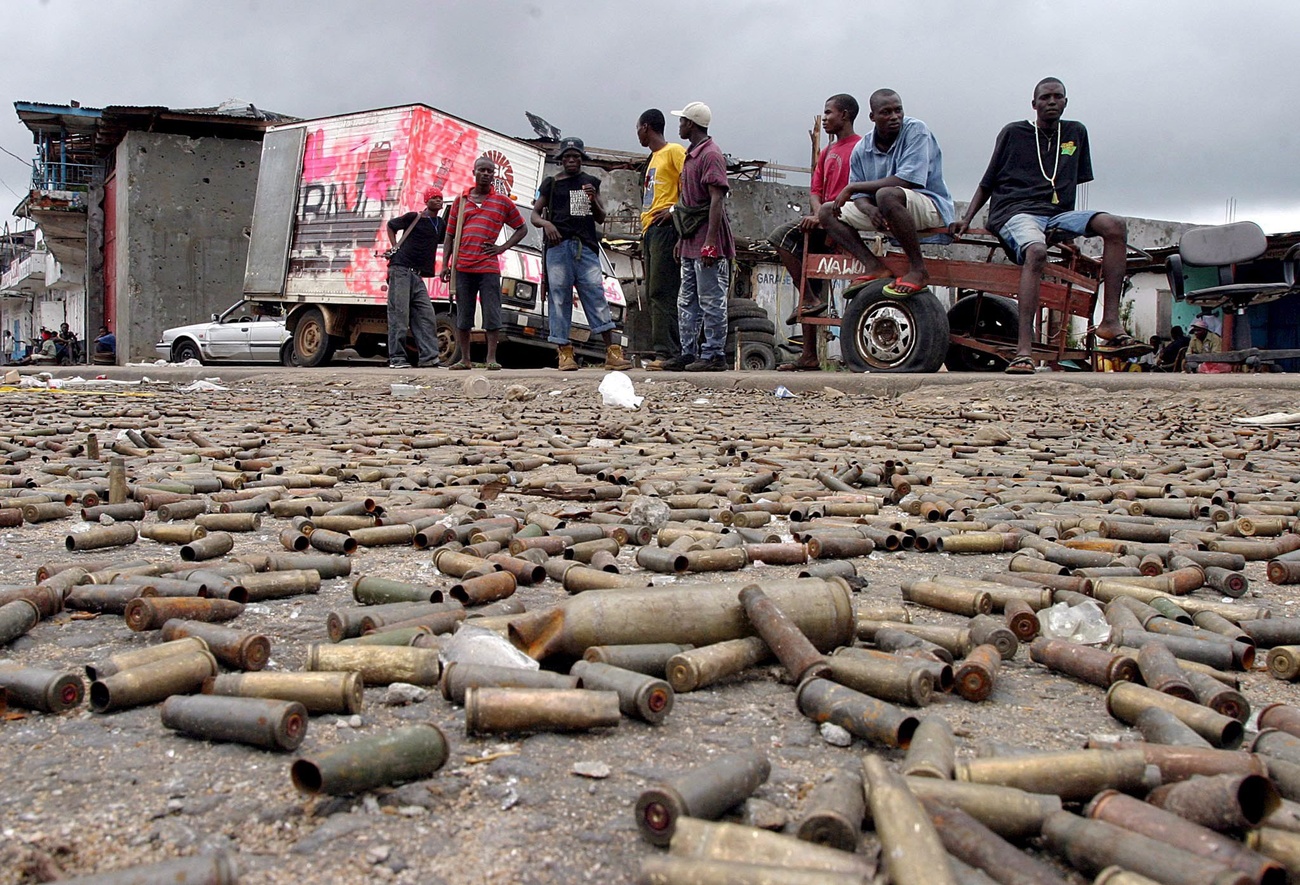
More
Victims to testify in Swiss war crimes trial of Liberian rebel commander
At the same time, a similar trial has started in FinlandExternal link, where Massaquoi is accused of committing war crimes and crimes against humanity in Liberia between 1999 and 2003. Some RUF leaders in Sierra Leone had close ties at the time to the then Liberian government led by Charles Taylor, a convicted war criminal (for crimes in Sierra Leone). Massaquoi was arrested in Finland in March 2020, following investigations which began in 2018.
Not only is this a record time for such a complex universal jurisdiction case to be brought to trial, but the Finnish court also travelled to Liberia, to visit sitesExternal link and take evidence; an innovative approach. It is still on the ground today. Later it will go to Sierra Leone to hear victims and witnesses.
Universal jurisdiction allows states to prosecute non-nationals for international crimes (genocide, crimes against humanity and war crimes) committed anywhere in the world. There is no statute of limitations on these crimes, which are considered to be the most serious.
Such cases are complex and may require investigations in far-off places that are difficult to access. But according to Swiss NGO TRIAL International’s most recent Universal Jurisdiction Annual ReviewExternal link, such cases are on the rise around the world. In Europe, a number of countries are increasingly using the principle to prosecute international crimes especially where there is no national justice for them in the country concerned. This is notably the case for Syria, but also Liberia.
Switzerland incorporated the principle of universal jurisdiction into national legislation in 2011. The Office of the Attorney General (OAG), responsible for investigating them, has a number of cases ongoing, but that of Liberian Alieu Kosiah, arrested in Switzerland in November 2014, is the first to be brought to trial. Switzerland is also holding former Gambian interior minister Ousman Sonko, arrested in November 2017, while the OAG investigates allegations against him of crimes against humanity and torture.
NGOs say Switzerland needs to step up the pace. The OAG is said to be under-resourced for war crimes investigations, notably compared with countries like France and Germany, which have also set up a joint unit to work together on some cases.
Swiss conservatism
The two trials are taking place at the same time, which invites a comparison. Thierry Cruvellier, editor of Swiss NGO Fondation Hirondelle’s website justiceinfo.netExternal link (for transparency, this author also contributes to that website) said it is too early to compare the outcome of the trials, but adds the pre-trial phases already highlight “two different methods of work and speed”.
It has taken the Finns some two and a half years since the start of investigations and only a year after Massaquoi’s arrest to bring the case to trial, whereas the Swiss have taken much longer in the Kosiah case. Furthermore, Finnish investigators travelled to Liberia several times, which the Swiss never did. The Finnish court is now holding an important part of the trial in Liberia. “That puts the Swiss a bit to shame,” said Cruvellier, who is currently in Liberia following the Finnish court. “Or at least it raises serious questions about their delays and claims that they couldn’t investigate in Liberia.”
Asked to respond, the Swiss Office of the Attorney General (OAG), which handled investigation and prosecution, replied: “Due to different legal frameworks and systems, we refrain from comparisons with other countries. In general terms, the OAG closely follows the developments in international criminal law at States level and at the level of international tribunals.”
The Finnish model?
It’s not just the Swiss who have been slow, said Cruvellier. The Belgians also have a case related to war crimes in Liberia, but almost seven years after opening the investigation still have not started a trialExternal link. Only the French, who are investigating a Liberian arrested in 2018External link, have investigated on the ground like the Finns.
Werner, who is at the Swiss court trial, says “every country has its approach”, but agrees the Finnish process is “cutting edge”, “an example of speed and efficiency”. He also argues going to the field allows for a better understanding of the case.
This has been the Finnish approach from the outset, according to Cruvellier. It has allowed the court to get a sense of the sites they are dealing with and the local living conditions. In their first week in Liberia, the Finns visited alleged crime sites in the extreme north of Liberia, near the Sierra Leonean border. Though evidence of the war has vanished, they say this experience has helped them better understand what they are dealing with as they start hearing some 50 witnesses in the Liberian capital Monrovia.
Impact in Liberia
Meanwhile, the Swiss Federal Criminal Court in Bellinzona continues its hearings of some 15 Liberian victims and witnesses.
So what could be the impact of the trials in Liberia? The country had a Truth and Reconciliation Commission from 2005-2010, which recommended setting up a national war crimes court. With people allegedly linked to atrocities during the civil wars still in power, this has never materialised. The subject continues to be politically sensitive. “But the debate has got more traction in the last two years,” Cruvellier said, “and these European trials have given new meaning to the debate.”
Werner agrees. “I think it has really brought the issue back on how Liberia should deal with the crimes of the civil wars and the issue of impunity,” he said. “The six Liberian witnesses who testified in Switzerland last week all told the Swiss judges they testified because they want justice.”

In compliance with the JTI standards
More: SWI swissinfo.ch certified by the Journalism Trust Initiative









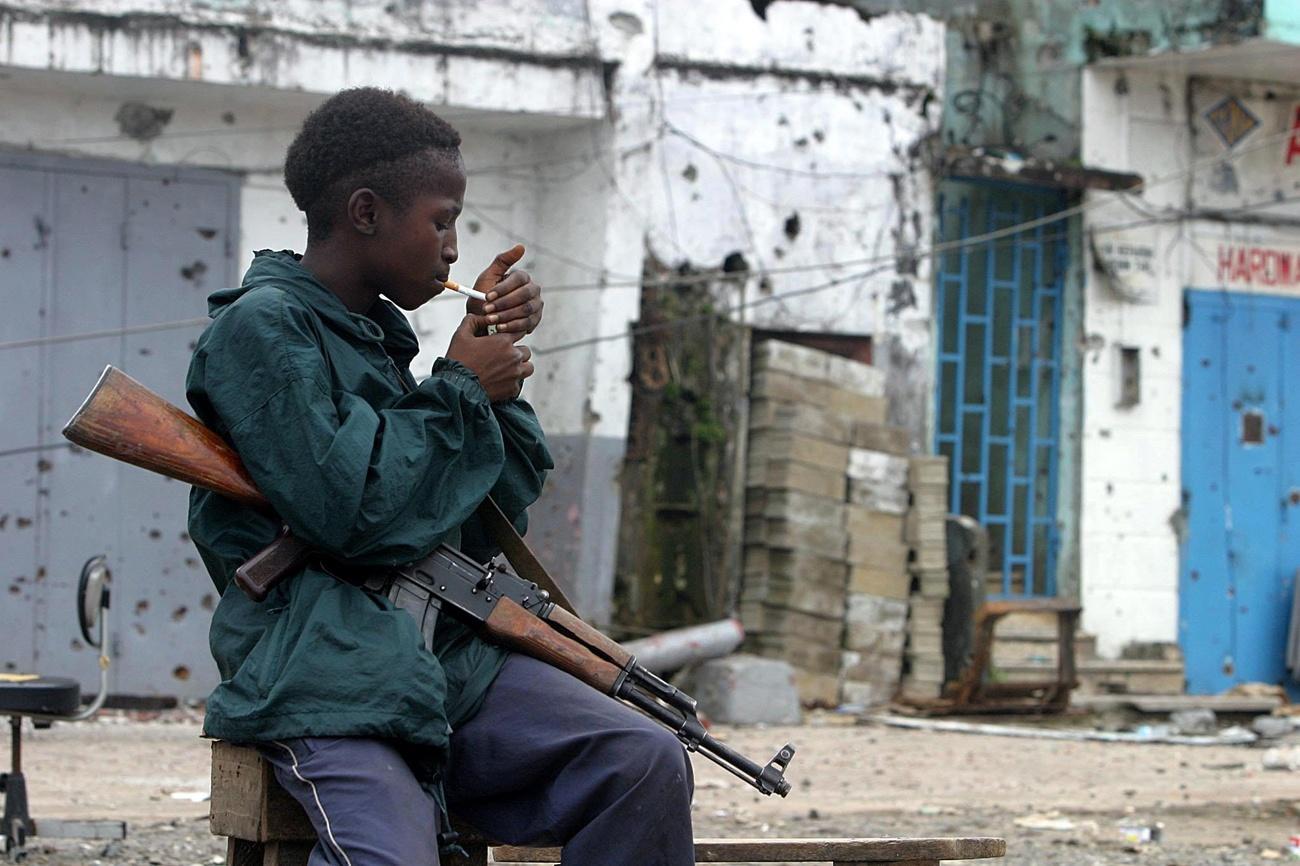
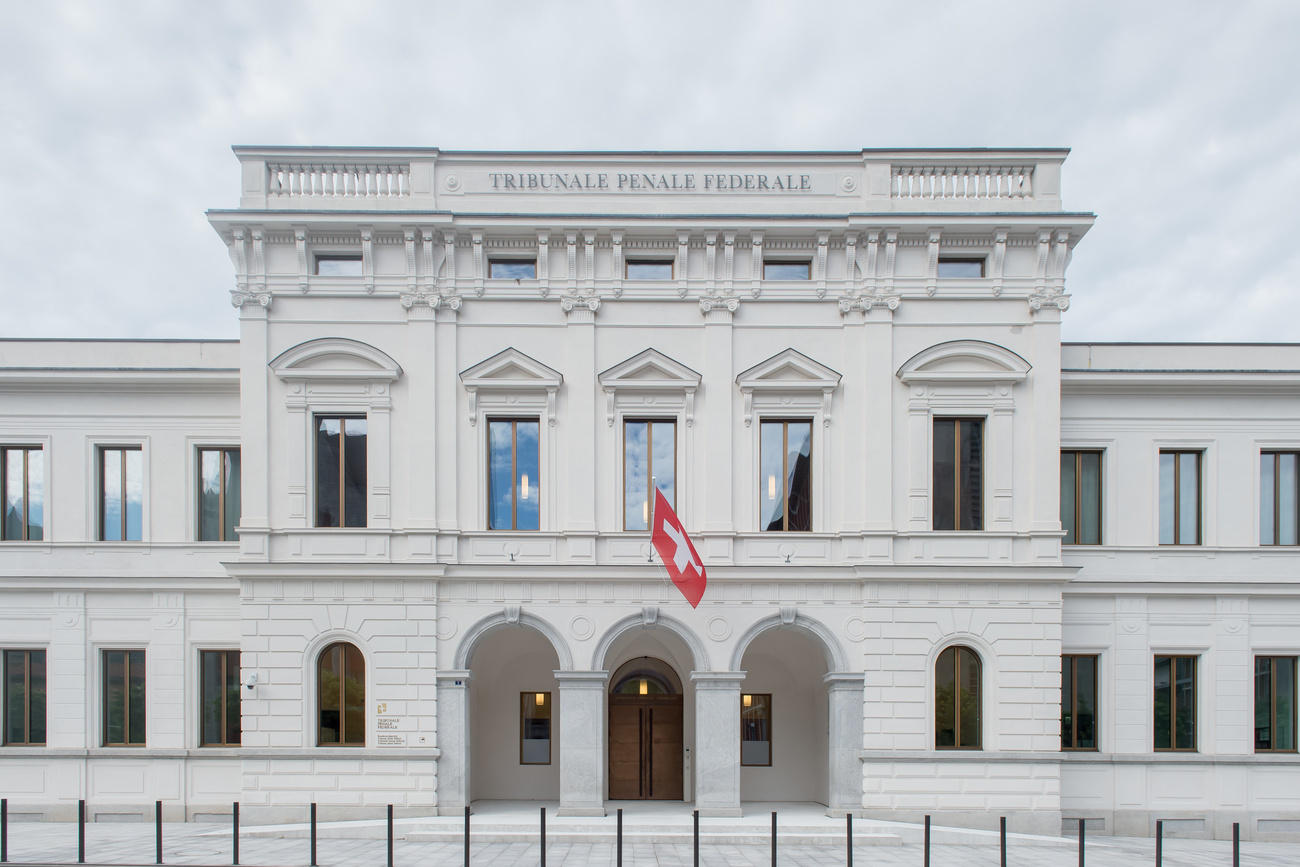

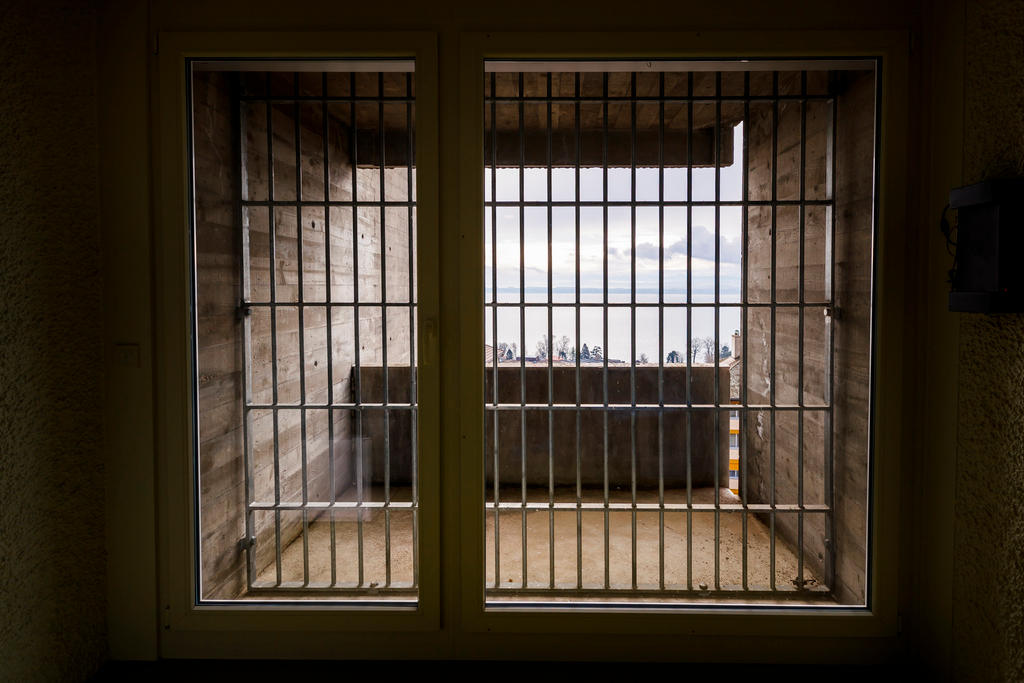
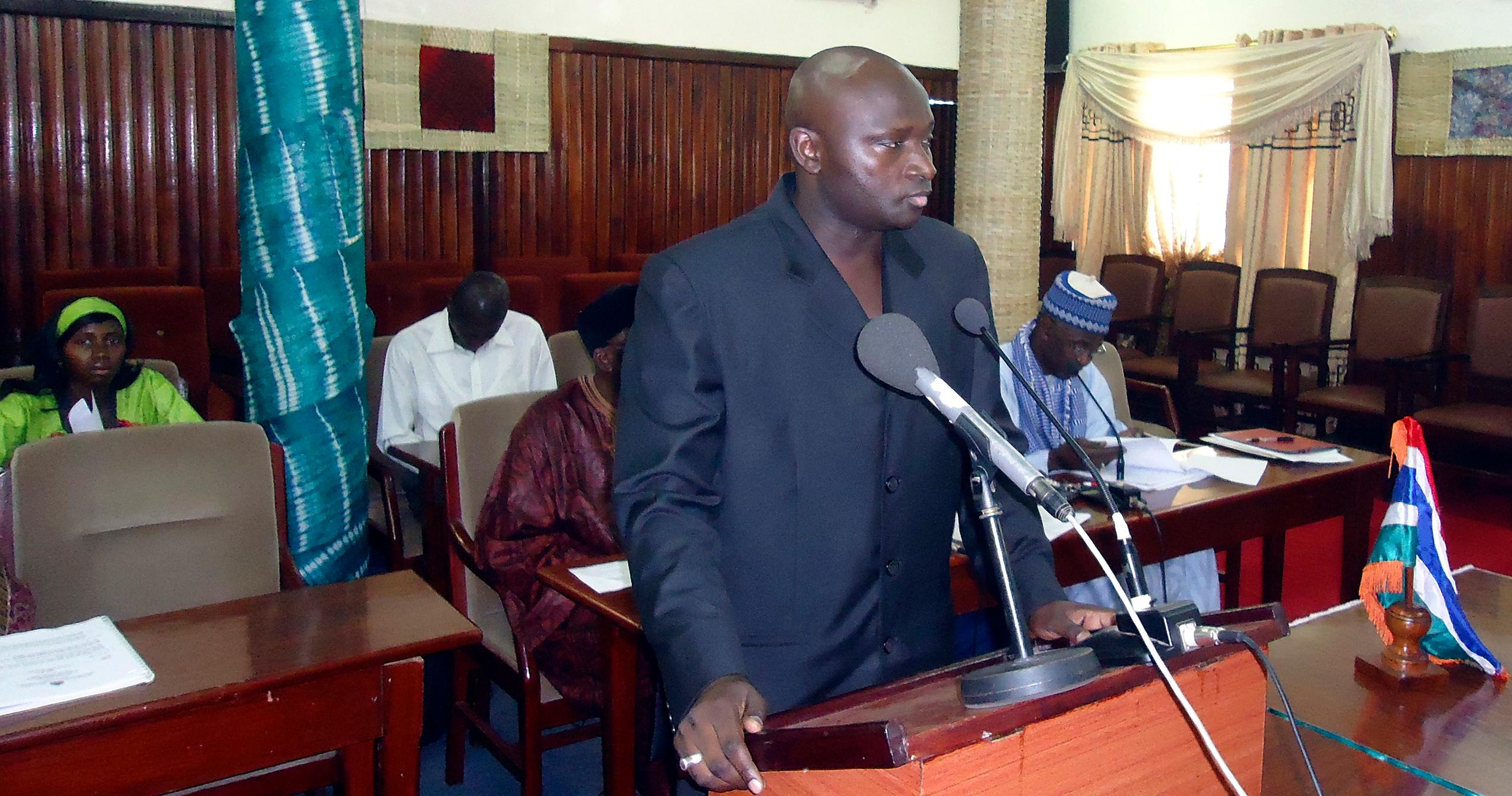
Join the conversation!